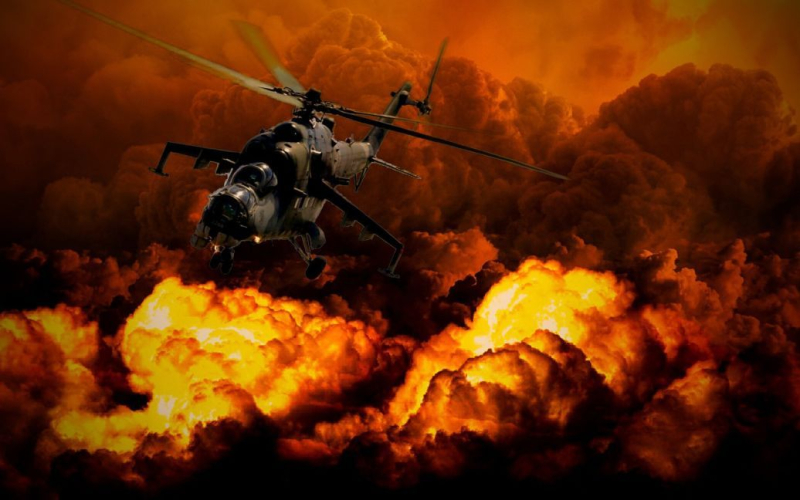
A sudden catastrophe that will reduce the amount of sunlight reaching the Earth's surface will hit the inhabitants of some island nations the least.< /p>
In the event of a global catastrophe such as a nuclear war, a supervolcano eruption or an asteroid impact, the inhabitants of island states, among which, first of all, Australia and New Zealand, have the greatest chances to survive and restore humanity.
Such a study was published in the journal Risk Analysis.
According to the researchers, Australia, New Zealand, Iceland, the Solomon Islands and Vanuatu will be able to produce enough food under such conditions for the population of these states to survive. They also added that “there will probably be cells of survivors, all over the planet, even in the worst case scenario.”
The authors of the study compared 38 island nations on 13 factors they believe could predict success in post-apocalyptic survival, including food production, energy self-sufficiency, manufacturing, and the impact of the disaster on the climate.
Australia and New Zealand, which are powerful producers of agricultural products and located far from the expected sites of nuclear fallout, which are assumed in the northern hemisphere, were at the top of this ranking. Moreover, Australia showed the best results in general.
Australia's strengths are relatively good infrastructure, a huge surplus of energy, a high level of health security and a defense budget. The only factor that worked against her was the relatively close military ties with Britain and the United States, which increase the likelihood of becoming a target in a nuclear war.
New Zealand is showing an advantage due to its long-standing nuclear-free status. In addition, this state is resistant to a sharp drop in global temperature caused by a period of darkness due to its proximity to the ocean. It also has a developed food export economy. Even under a worst-case scenario of a 61% reduction in crops during a long nuclear winter, New Zealanders would have enough to eat.
Other island nations could produce enough food during such a crisis, write Wilson and co-author Dr Matt Boyd, but the likely collapse of industry and social cohesion calls into question their sustainability.
In China, Russia and the United States, food production could fall by up to 97% in nuclear winter models, so they will be forced to rely on new food production technologies.< /p>
Recall that, despite the statements of the current presidents of the United States and Russia about their readiness to continue negotiations on the reduction of nuclear weapons, the war in Ukraine has once again raised concerns about a nuclear conflict. In a new study, scientists from the University of Tasmania simulated the life of the planet in the event of a nuclear war.

